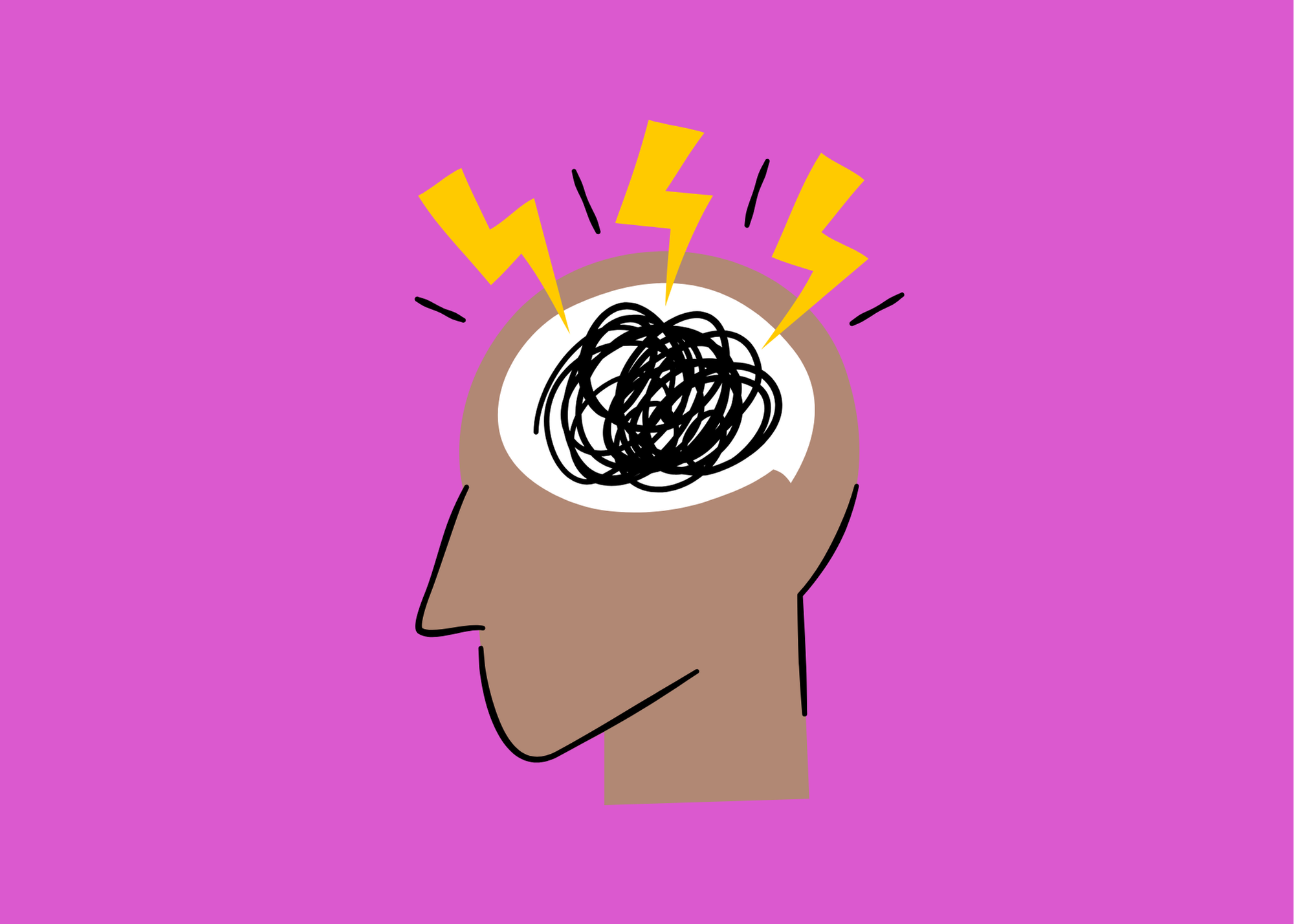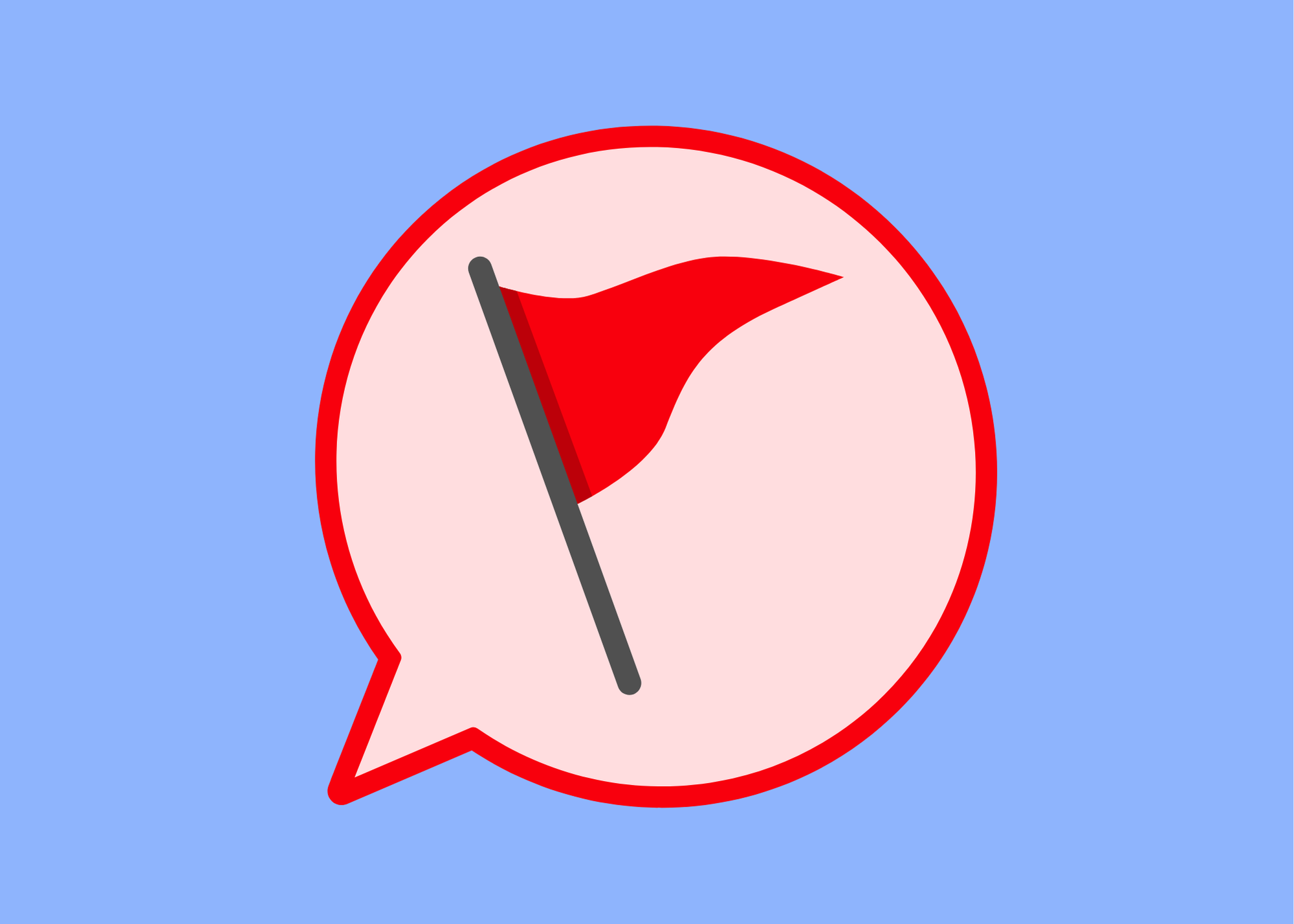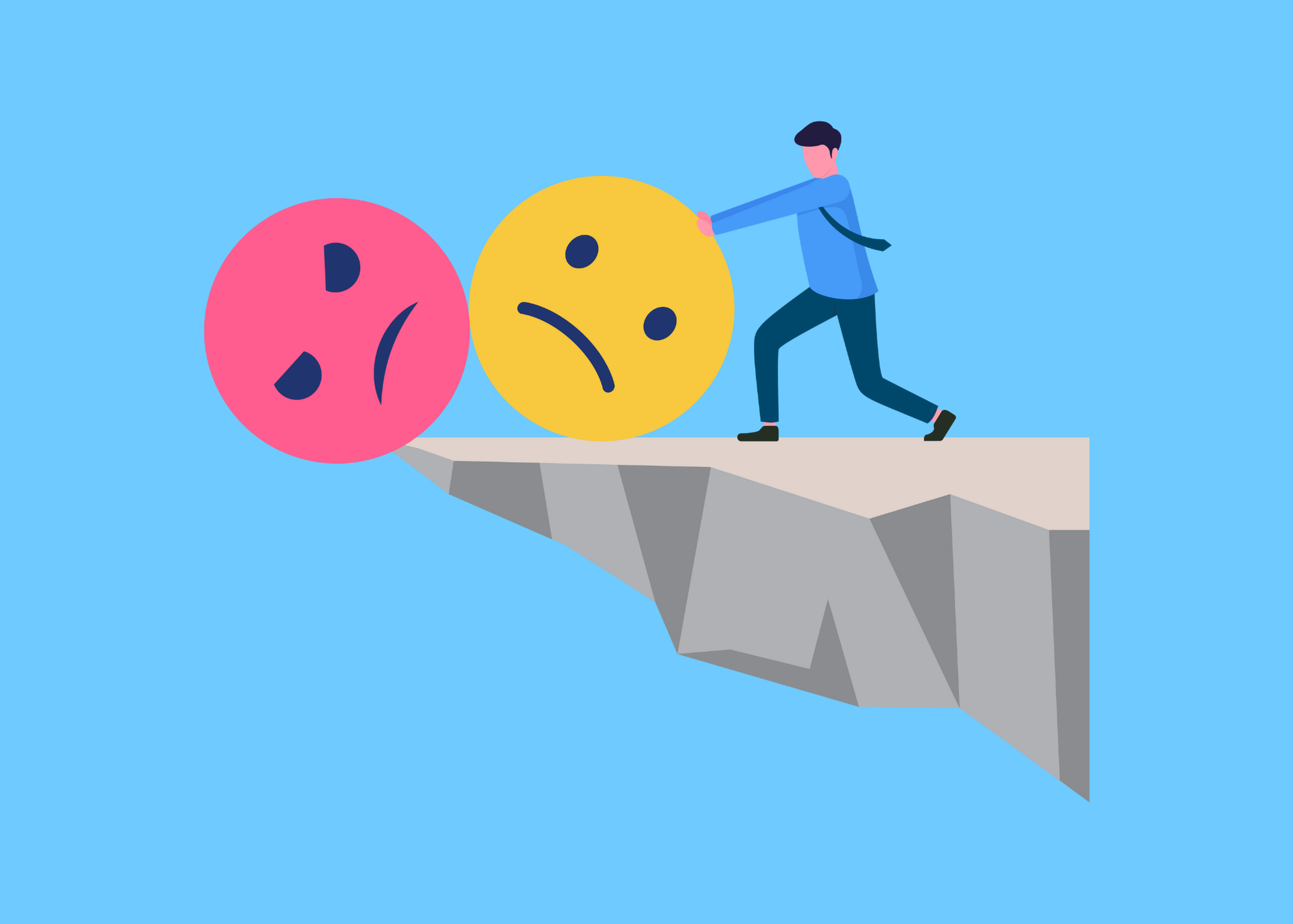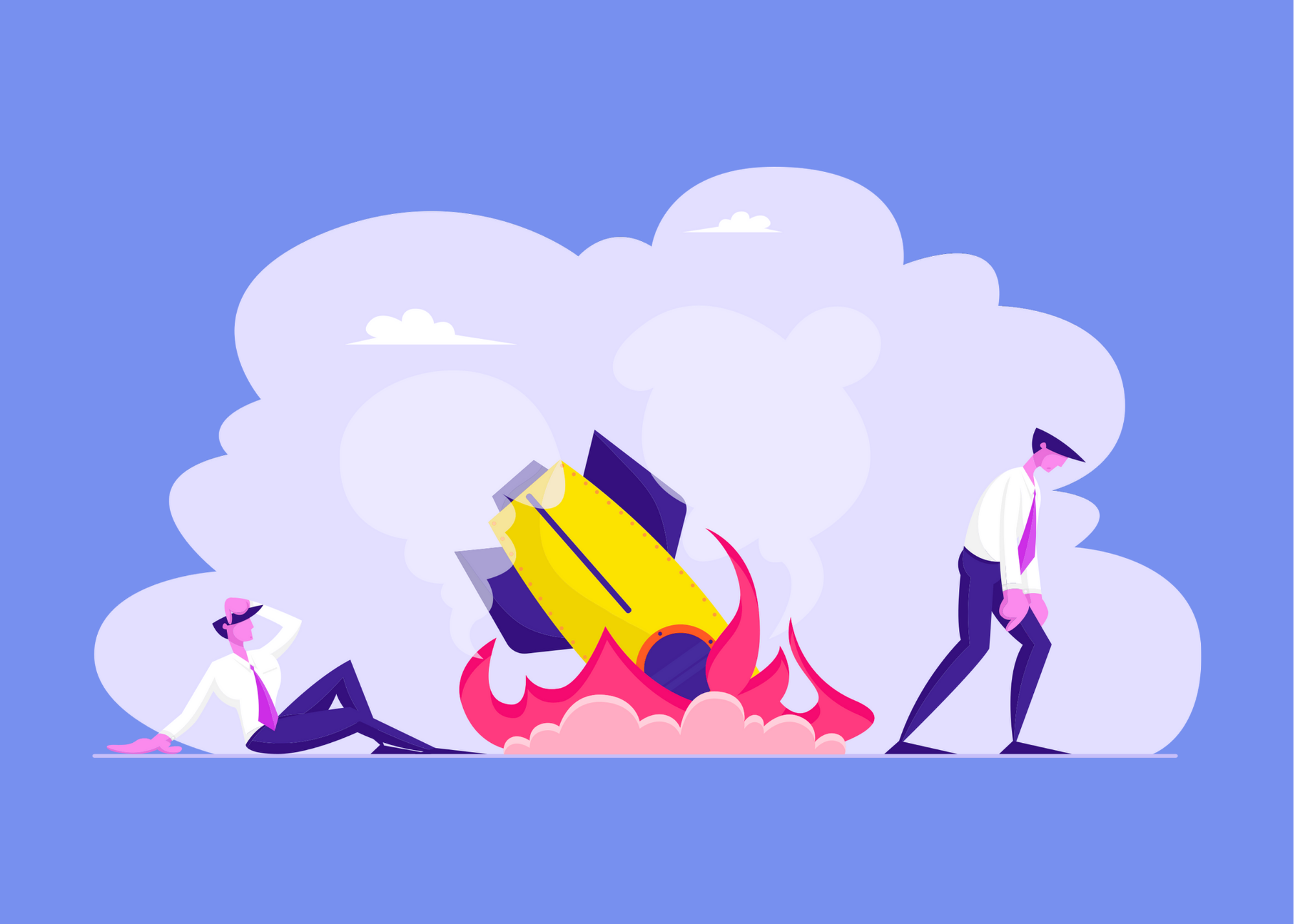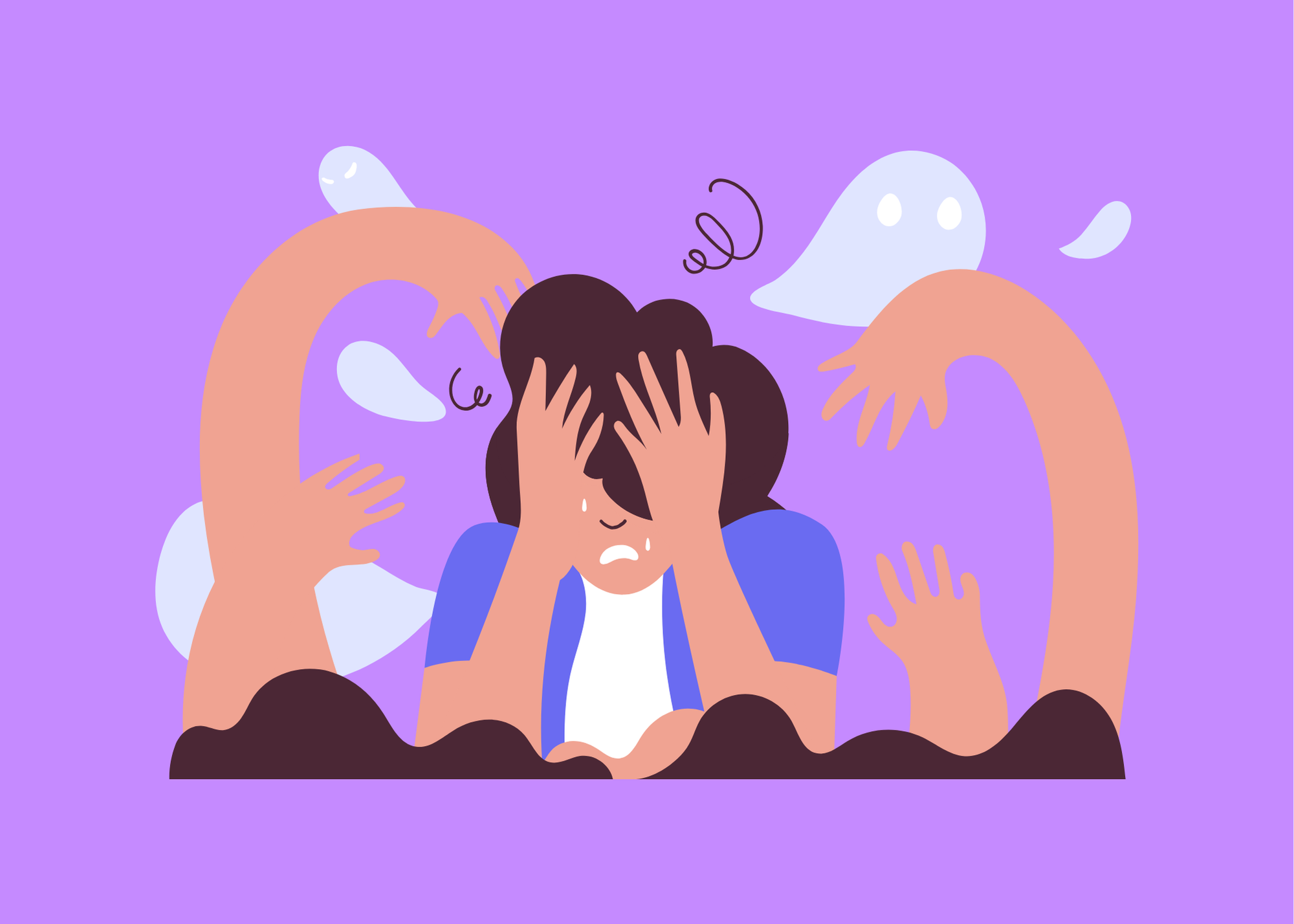Analysis Paralysis: Thinking So Much You Do Nothing
Are You Stuck in a Loop of Overthinking?
You’ve spent hours researching, weighing pros and cons, and seeking advice. You have five tabs open, three different spreadsheets, and a growing list of options. And yet—you can’t decide. You second-guess yourself, wondering if you’re missing something crucial. Days pass, and still, no action.
Sound familiar? You, my friend, are deep in the grip of analysis paralysis.
What Is Analysis Paralysis?
Analysis paralysis is the state of overthinking to the point where you can’t make a decision—or take action. Instead of moving forward, you get stuck in an endless cycle of information gathering, questioning, and doubt.
When you’re trapped in analysis paralysis, you may:
Obsess over making the “right” choice and fear making the “wrong” one.
Gather excessive information but feel no closer to clarity.
Over-research and over-plan instead of actually doing.
Procrastinate important decisions because the uncertainty feels overwhelming.
Seek constant reassurance from others but still feel unsure.
For busy professionals already dealing with stress and burnout, analysis paralysis can be a major roadblock to progress and productivity.
Why Does Analysis Paralysis Happen?
Your brain is wired to seek certainty and avoid risk. When faced with complex or high-stakes decisions, your prefrontal cortex (responsible for logic and decision-making) gets overloaded. Meanwhile, your amygdala (your fear center) kicks in, warning you of potential mistakes. The result? Mental gridlock.
Analysis paralysis is especially common in high achievers who:
Have perfectionist tendencies and fear making mistakes.
Struggle with uncertainty and want to control every outcome.
Feel pressure to always make the best possible choice.
Are burned out and lack the mental energy to make decisions efficiently.
The more you overthink, the more your brain reinforces the cycle of hesitation and doubt, making decisions feel even harder.
How to Break Free from Analysis Paralysis
If you’re caught in a loop of overthinking, the key is to shift from perfect decisions to good enough actions. Here’s how:
1. Set a Decision Deadline
Give yourself a time limit for making decisions. Whether it’s five minutes for small choices or 24 hours for bigger ones, a deadline forces you to commit.
Example: Instead of spending days researching a new software tool, give yourself a set amount of time to compare options and decide.
2. Limit Your Options
Too many choices lead to overwhelm. Narrow down your options to three at most—then pick the best fit.
Example: If you’re job hunting, don’t try to apply to every listing. Choose three target roles and focus your energy.
3. Use the 80% Rule
Perfection is the enemy of progress. If a decision is 80% “good enough,” go with it. The remaining 20% is often minor details that won’t make or break your outcome.
Example: Instead of endlessly tweaking a presentation, finalize it when it’s effective, not flawless.
4. Ask: “What’s the Worst That Could Happen?”
Fear of making the wrong choice fuels overthinking. Challenge your fear by considering the worst-case scenario—and how you’d handle it.
Example: If you choose the wrong marketing strategy, can you adjust and pivot? Most mistakes are fixable.
5. Create a Default Decision
For recurring choices, set default rules to reduce decision fatigue.
Example: “I always order the healthiest option on the menu” or “I check my email only twice a day.”
6. Take Imperfect Action
Instead of waiting for the perfect answer, act on the best available option. Action breeds clarity, while overthinking breeds doubt.
Example: If you’re debating whether to start a workout routine, commit to a simple plan and adjust as needed.
7. Stop Seeking Endless Input
Advice is valuable, but too many opinions create confusion. Consult a few trusted sources—then decide.
Example: Instead of asking five colleagues about a project approach, go with the best expert opinion and move forward.
8. Trust Yourself
The more you practice making decisions, the more confident you become. Your intuition is sharper than you think—use it.
Example: If an opportunity excites you but you’re hesitating out of fear, take the leap.
Final Thoughts: “Done” Is Better Than Perfect
Analysis paralysis keeps you stuck in your head, delaying progress and draining your energy. The key to breaking free isn’t making perfect decisions—it’s making consistent ones.
Remember: Clarity comes from action, not endless thinking. The sooner you move forward, the sooner you learn, adjust, and grow.
So take a breath, trust yourself, and decide.
Need Help? You don’t need to have it all figured out to move forward.
Uncertainty isn’t failure—it’s a sign you’re ready for something deeper.
💡 Let’s explore what’s next, without pressure. Book your free 20-minute consult today.
Article References
The sources cited in the article:
Verywell Mind (VM). “Analysis Paralysis: How Overthinking Affects Decision Making.” VM - Analysis Paralysis
Calm. “Have a Case of Analysis Paralysis? Here’s How to Get Unstuck.” Calm - Have a Case of Analysis Paralysis?
Forbes. “Breaking Free From Analysis Paralysis.” Forbes - Breaking Free From Analysis Paralysis
The Decision Lab. “The Paradox of Choice.” The Decision Lab - The Paradox of Choice
Psychology Today (PT). “The Choice Paradox.” PT - The Choice Paradox
The Decision Lab. “Choice Bias Overload.” The Decision Lab - Choice Bias Overload
Inside BE. “Choice Overload- Having Too Many Options Can Shut Down Your Brain.” Inside BE - Choice Overload
Choosing Therapy. "What Is Decision Fatigue: Definition, Examples, & How to Deal With It." Choosing Therapy - Decision Fatigue
healthline. “Understanding Decision Fatigue.” healthline - Understanding Decision Fatigue
Psychology Today (PT). "Is Decision Overload Affecting Your Mental Health?" PT - Is Decision Overload Affecting Mental Health?
Cleveland Clinic . “8 Signs of Decision Fatigue and How to Cope.” Cleveland Clinic - Decision Fatigue
Harvard Business Review (HBR). "Beating Burnout.” HBR - Beating Burnout
Forbes. “How Burnout Affects Your Decision Making Process and How to Fix It.” Forbes - Burnout and Decision Making

